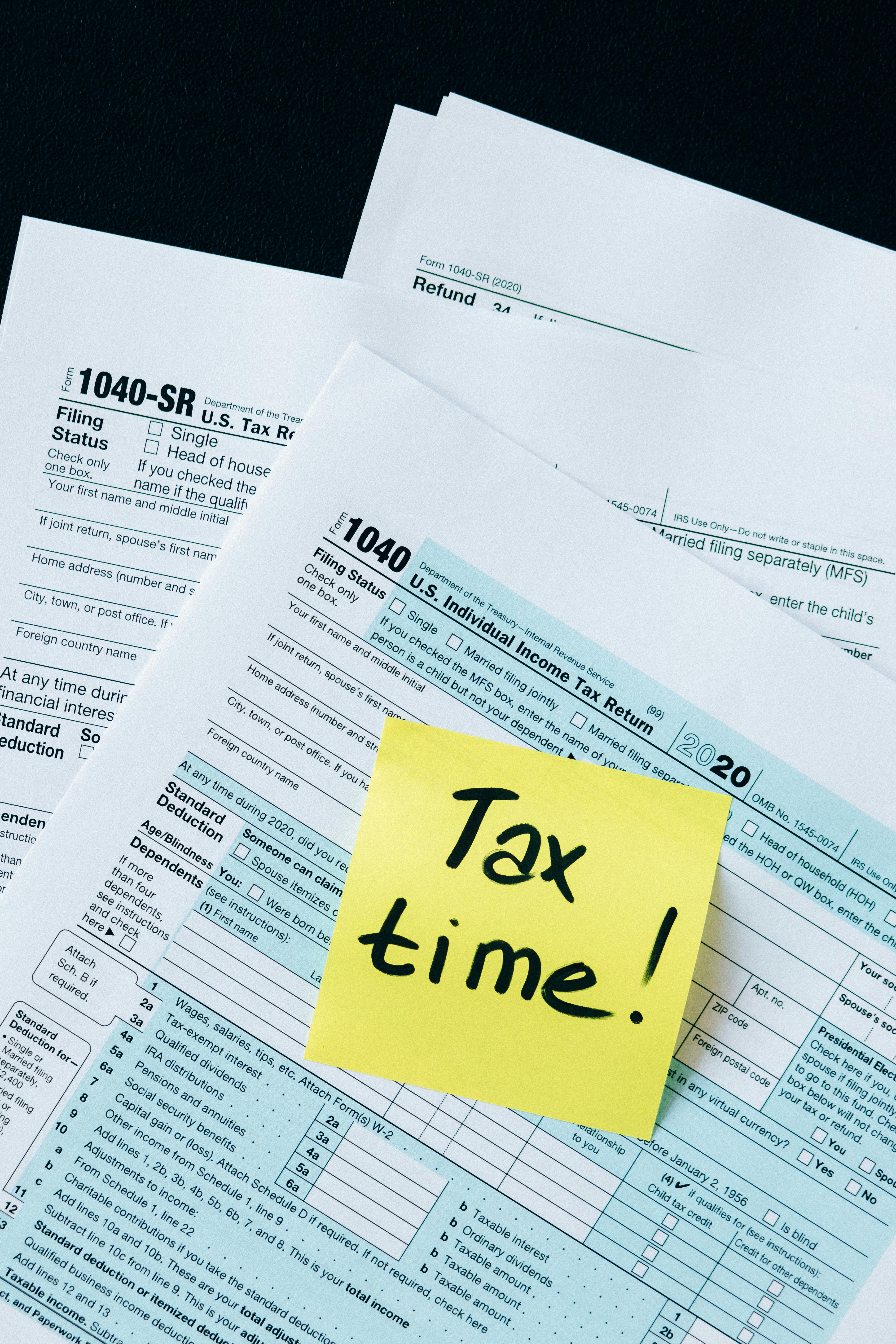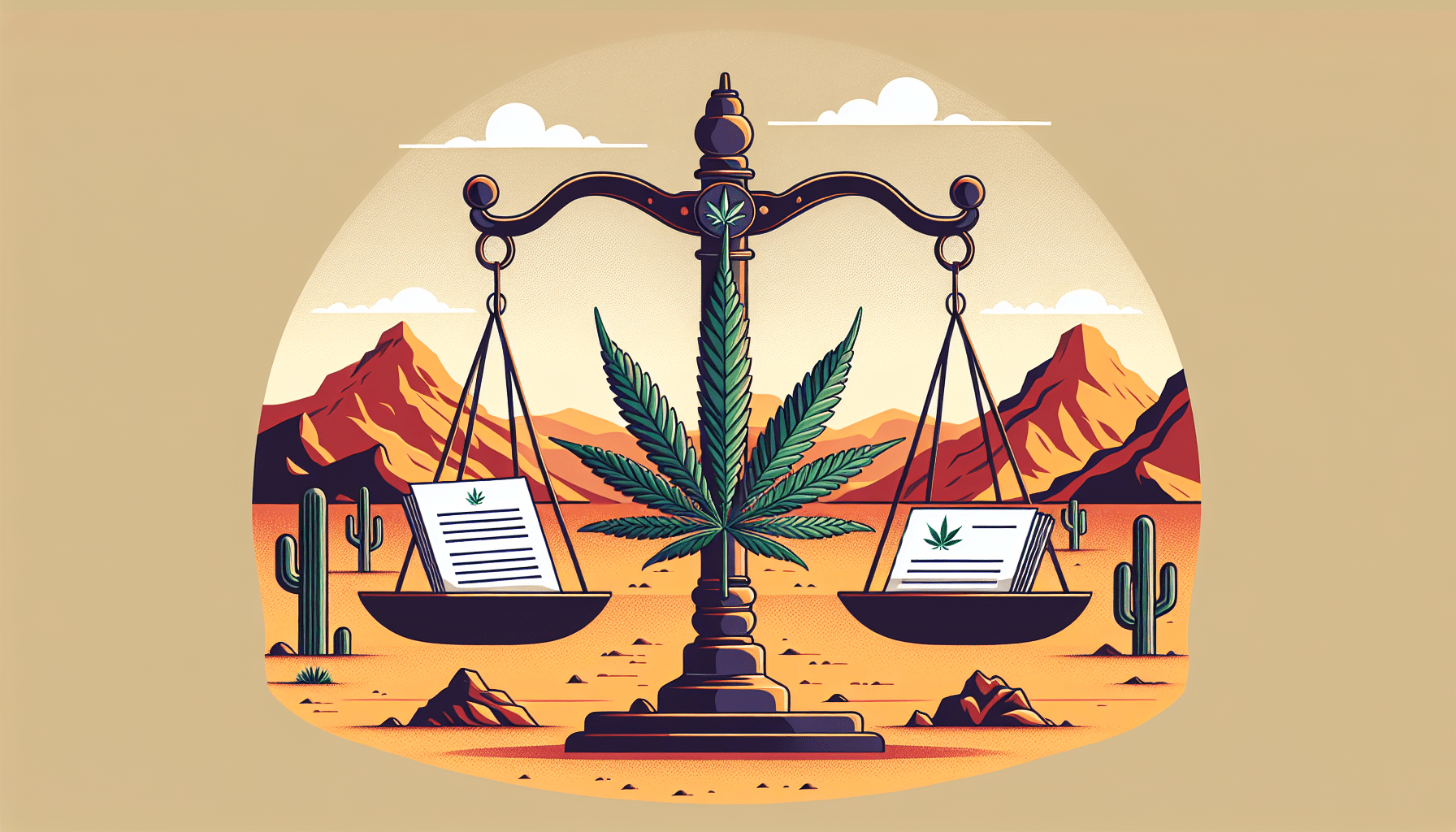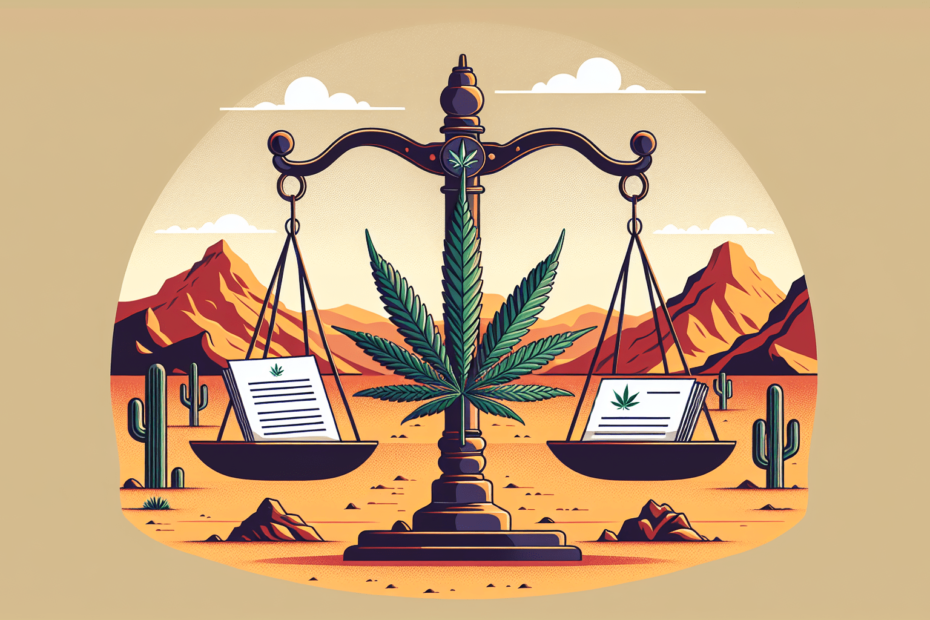Did you know that recent changes have been made to the cannabis laws in Arizona? If you’re curious about the current regulations surrounding cannabis in the state, look no further. This article provides a comprehensive overview of the cannabis laws in Arizona, shedding light on the latest updates and what they mean for residents. Whether you’re a visitor or a local, understanding the legal landscape can help you navigate the world of cannabis in Arizona with ease. From possession limits to cultivation rules, this article has got you covered. So, let’s dive in and explore the ins and outs of cannabis laws in Arizona.

Medical Marijuana Program
Qualifying Conditions
In Arizona, the Medical Marijuana Program allows individuals with certain qualifying conditions to legally use cannabis for medicinal purposes. The program recognizes a range of conditions, including chronic pain, cancer, glaucoma, HIV/AIDS, epilepsy, and multiple sclerosis, among others. These conditions are determined by a healthcare professional, such as a physician or a nurse practitioner, who must provide a written certification.
Registration Process
To participate in the Medical Marijuana Program, individuals must complete a registration process. This involves submitting an application to the Arizona Department of Health Services, along with the required documentation and fees. The application includes personal information, medical records, and a photograph. Once approved, patients will receive a registry identification card that allows them to obtain and use medical marijuana legally.
Rights and Responsibilities of Patients
As a registered medical marijuana patient in Arizona, you have certain rights and responsibilities. You have the right to possess and use a limited amount of cannabis for medical purposes, in accordance with state regulations. It is important to note that marijuana usage is strictly prohibited in public places and while operating a motor vehicle.
As a responsible patient, it is your responsibility to comply with all laws and regulations concerning the medical use of marijuana. This includes only obtaining cannabis from licensed dispensaries, following dosage recommendations, and using marijuana only for the approved medical condition. It is also essential to keep your registry identification card up to date and to carry it with you at all times when using medical marijuana.
Caretaker Registration
In some cases, patients who are unable to obtain or administer medical marijuana on their own may designate a caretaker to assist them. Caretakers must also register with the Arizona Department of Health Services and undergo a background check. They will receive a designated caregiver identification card, allowing them to purchase and provide medical marijuana to the registered patient.
Dispensaries
Dispensaries play a key role in Arizona’s Medical Marijuana Program. These licensed establishments serve as the legal source for medical marijuana, providing patients with a safe and regulated environment to obtain their medication. Dispensaries are required to follow strict guidelines, including product quality testing, secure storage, and staff training.
Recreational Marijuana Legalization
Proposition 207
In November 2020, Arizona voters approved Proposition 207, also known as the Smart and Safe Arizona Act, which legalized the recreational use of marijuana for adults aged 21 and older. This marked a significant milestone in the state’s cannabis laws, expanding access beyond just medical use. Proposition 207 outlines the regulations and guidelines for recreational marijuana usage and sets the stage for a new era of cannabis acceptance in Arizona.
Possession Limits
Under Proposition 207, adults aged 21 and older are allowed to possess and transport up to one ounce (28 grams) of marijuana or five grams of concentrate. This possession limit applies to both public and private spaces, ensuring that individuals can legally possess a reasonable amount of cannabis for personal use without fear of legal repercussions.
Cultivation and Home Growing
One of the exciting aspects of recreational marijuana legalization in Arizona is the allowance for home cultivation. Under Proposition 207, adults aged 21 and older can cultivate up to six marijuana plants for personal use at their residence, as long as the plants are kept in a secure and enclosed area not visible to the public. This provision gives individuals the opportunity to have more control over their cannabis supply and engage in a rewarding hobby.
Social Sharing
Proposition 207 permits the sharing of marijuana between adults aged 21 and older, as long as there is no remuneration involved. This means that friends can pass a joint or share cannabis products, fostering a sense of community and social interaction among responsible adults who choose to consume marijuana recreationally.
Retail Sales
The legalization of recreational marijuana in Arizona paves the way for the establishment of licensed retail stores, where adults can purchase cannabis products. These retail establishments will be regulated by the Arizona Department of Health Services and will provide a safe and controlled environment for consumers to access a variety of marijuana products, including flowers, edibles, concentrates, and more.
DUI Laws
Zero Tolerance Policy
Arizona has a zero tolerance policy when it comes to driving under the influence of marijuana. It is illegal to operate a motor vehicle while impaired by any drug, including marijuana. Law enforcement officers can conduct field sobriety tests and request a blood test if they suspect impairment. It is important to note that even if you are a registered medical marijuana patient, you can still be charged with a DUI if you are found to be impaired while driving.
Blood Test Requirements
In cases where impairment is suspected, law enforcement officers may request a blood test to determine the presence of drugs, including marijuana. It is important to comply with their requests, as refusal can lead to additional penalties, such as the suspension of your driver’s license. It is crucial to understand that the presence of any active metabolite of marijuana in your blood can result in a DUI charge, even if you are not actively impaired.
Impairment Penalties
If convicted of a marijuana-related DUI in Arizona, you may face serious penalties, which can include fines, driver’s license suspension, mandatory drug education programs, and in some cases, even jail time. It is essential to always prioritize safety and avoid driving under the influence of marijuana to protect yourself and others on the road.
Employment Laws
Drug Testing in the Workplace
Arizona does not have specific laws that prohibit or regulate drug testing in the workplace. However, employers have the right to establish their own drug testing policies and procedures. This means that if you are a medical marijuana patient or recreational marijuana user, your employer may have policies in place that could result in disciplinary action or termination if you test positive for marijuana.
Employee Protection
While Arizona does not have explicit employment protections for medical marijuana patients, some legal cases have established that employers cannot discriminate against employees based solely on their status as a registered medical marijuana patient. However, it is important to consult with an employment lawyer to understand your rights and legal protections if you are a medical marijuana patient in the workplace.

Criminal Penalties
Possession
Prior to the legalization of medical and recreational marijuana, possession of any amount of cannabis in Arizona was considered a criminal offense. However, with the implementation of the Medical Marijuana Program and the passage of Proposition 207, the possession of marijuana within the legal limits is no longer a criminal offense. It is crucial to stay informed about possession limits and ensure that you always remain within the legal parameters to avoid criminal penalties.
Distribution
The sale or distribution of marijuana outside of the regulated and licensed channels is still considered a criminal offense in Arizona. Engaging in the illegal sale or distribution of marijuana can result in severe penalties, including fines and imprisonment. It is crucial to understand and respect the legal framework surrounding the distribution of marijuana to avoid such consequences.
Drug Paraphernalia
Possession, sale, or distribution of drug paraphernalia, such as pipes, bongs, or rolling papers, is also illegal in Arizona. Using these items in conjunction with marijuana may lead to additional criminal charges and penalties. It is important to be aware of the laws regarding drug paraphernalia and comply with regulations to avoid legal repercussions.
Marijuana-related Offenses
While Arizona has made significant strides in cannabis law reform, it is important to note that certain marijuana-related offenses may still result in criminal charges. These can include driving under the influence of marijuana, operating illegal cannabis cultivation or manufacturing operations, and violations of regulatory guidelines for medical or recreational marijuana usage. It is vital to stay informed about the evolving laws and regulations surrounding marijuana to ensure compliance and avoid legal troubles.
Federal Law and Arizona
Conflict with Federal Law
Although medical and recreational marijuana usage is legal under Arizona state law, it is important to understand that marijuana remains classified as a Schedule I controlled substance under federal law. This creates a potential conflict between state and federal regulations, which could lead to federal enforcement actions.
Federal Enforcement Priorities
The federal government has historically focused its enforcement efforts on major drug trafficking organizations and large-scale operations, rather than targeting individual consumers or businesses that comply with state regulations. However, it is crucial to remain aware of the shifting federal enforcement priorities and any potential changes in policy that may impact the legal landscape surrounding marijuana in Arizona.

Expungement
Possibility of Expungement
Expungement refers to the process of sealing or erasing a criminal record, effectively removing the conviction from public view. While Arizona does not have a specific expungement process for marijuana-related offenses, there have been discussions and proposals regarding the possibility of implementing such measures in the future. It is important to stay informed about potential changes in expungement laws and consult with legal professionals for guidance on specific cases.
Eligibility Criteria
If expungement becomes available for marijuana-related offenses in Arizona, specific eligibility criteria would need to be established. These criteria might include factors such as the severity of the offense, the individual’s criminal history, and the amount of time that has passed since the conviction. Eligibility requirements for expungement would be an important consideration for individuals seeking to clear their records and move forward with a clean slate.
Taxation and Revenue
Taxation of Marijuana
Both the Medical Marijuana Program and the recreational marijuana market in Arizona are subject to taxation. Medical marijuana is currently subject to a 6.6% sales tax, while recreational marijuana is subject to a 16% excise tax in addition to standard sales taxes. These tax revenues contribute to various state programs, including education, public health, and law enforcement.
Allocation of Revenue
The tax revenues generated from the sale of medical and recreational marijuana in Arizona are allocated to various programs and initiatives. The distribution of these funds is specified in state regulations and may vary depending on the specific needs and priorities of the government. It is important to recognize the potential positive impact that marijuana taxation can have on funding essential services and supporting community development.

Current Challenges and Future Outlook
Public Opinion
Public opinion plays a crucial role in shaping cannabis laws and policies. While there has been considerable progress in Arizona in terms of marijuana acceptance and legalization, there remains a diversity of viewpoints within the community. Ongoing education and dialogue are essential to address concerns, dispel misconceptions, and foster a better understanding of the benefits and potential risks associated with marijuana usage.
Regulatory Changes
As the cannabis industry continues to evolve, regulatory changes are to be expected. It is likely that Arizona will experience further amendments and updates to its laws and regulations to adapt to emerging trends and challenges. These changes may impact various aspects, including licensing requirements, product testing standards, marketing regulations, and more. Staying informed and engaged with the evolving regulatory landscape will be important for both consumers and industry participants.
Potential Legalization
While Arizona has made significant strides in cannabis legalization, it is important to recognize that there are ongoing efforts to further expand access and champion the complete legalization of marijuana. Advocacy groups continue to push for reforms, and it is possible that Arizona may see future ballot initiatives or legislative proposals seeking to legalize marijuana beyond the current medical and recreational frameworks. The potential for further legalization will depend on public support, ongoing policy debates, and the overall trajectory of marijuana acceptance at the national level.
Conclusion
Arizona’s cannabis laws have undergone significant changes in recent years, providing increased access to medical marijuana and legalizing its recreational use for adults. The Medical Marijuana Program offers relief to individuals suffering from a range of qualifying conditions, while Proposition 207 has expanded access to cannabis for responsible adult users. It is important to understand and comply with the laws and regulations surrounding marijuana usage in Arizona to ensure a safe and legal experience. As the cannabis landscape continues to evolve, ongoing education and engagement are crucial to shape the future of marijuana legislation in the state.
